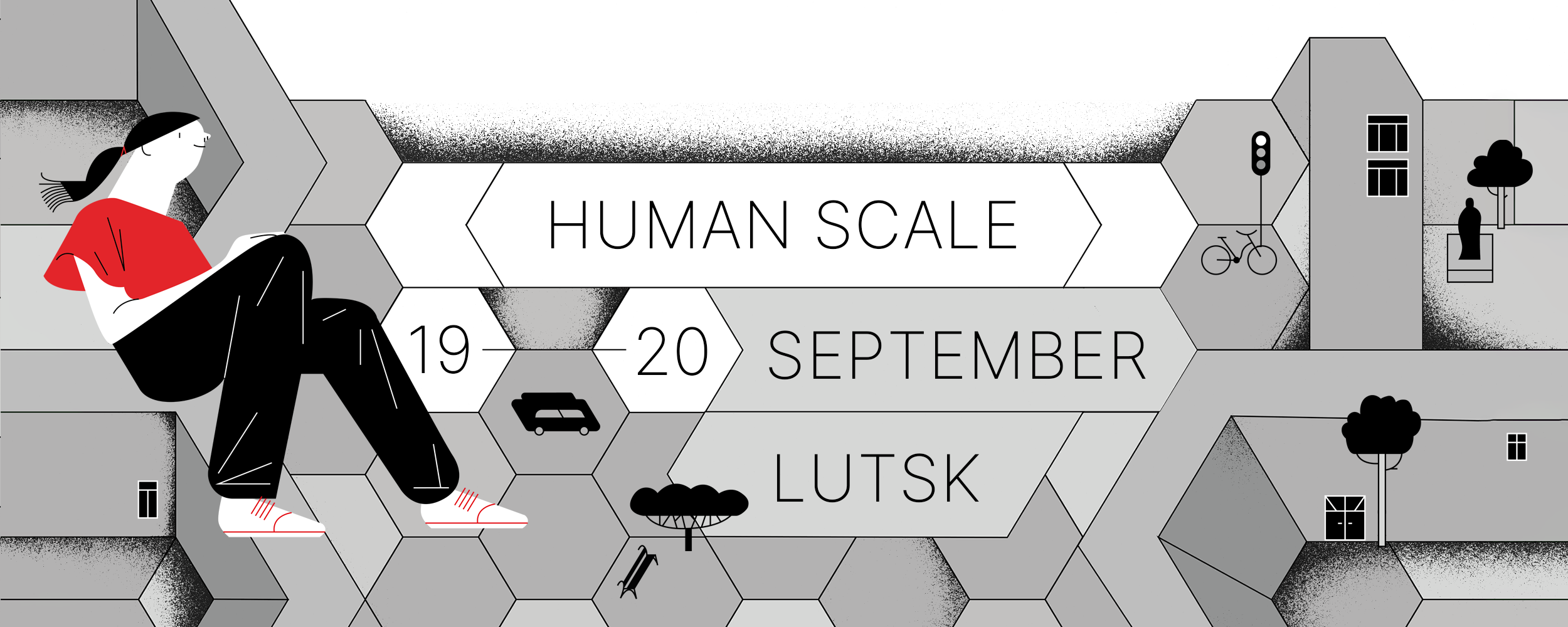
This publication has been prepared with support from the European Union and its member states Germany, Poland, Denmark, and Slovenia. The contents of this publication are the exclusive responsibility of its authors and do not necessarily reflect the position of the U-LEAD with Europe Programme, the European Union, and its member states Germany, Poland, Denmark, or Slovenia.
Citizen engagement in decision making processes: characteristics, levels and stages
Engagement is defined here as the mechanisms and processes which ensure direct participation and influence of hromada residents and other interest groups on the processes of decision making and implementation. This involves decision making, implementation of decisions, and monitoring of decisions after implementation as a part of a project, strategy, or policy. Essentially, it means creating conditions in which hromada representatives are able to influence decision making in fields that are important to the hromada (social, cultural and humanitarian, economic, environmental, and other issues), and later to control their implementation or directly participate in their implementation with all the relevant resources provided for this.
Why is engagement important?
Engagement is, on the one hand, the basis of public and transparent decision making, which improves the legitimacy and ensures the sustainability of decisions; on the other hand, it is an important component of motivating residents to participate in the hromada’s life and reinforcing local identities. Engagement makes it possible to avoid differences between government bodies and citizens in their views on the course of certain processes, such as project implementation or development strategies. Hromada residents have the opportunity to affect planning and decision making; they also have a better understanding of how decisions are made and where their hromada’s development is headed. Thus, engagement also performs an important educational function.
As a result of engagement, government bodies are able to better understand the hromada’s needs and the optimal ways to meet those needs, they have opportunities to plan their work long-term and to set priorities. In addition, engagement makes it possible to strengthen community development in the hromada and establish dialogue between different groups of actors, to grow teams of like-minded people and increase resources for project implementation through participation and dialogue with government agencies. At the same time, properly organized engagement allows the population groups who have less power and resources to make their voices heard.
Engagement practices create the conditions for increasing trust between government bodies and residents, for overcoming potential conflict situations and distributing responsibility for the hromada’s development.
Researchers of participatory democracy and implementation of engagement practices in different countries and communities emphasize that the ideal model of engagement, just like democracy, is unachievable, and participatory practices have a range of limitations and problems. The key source of criticism is that decision making processes are more likely to attract the most active and interested participants, as well as actors who have sufficient resources and power for such participation (which can include not only financial but also temporal resources, or, for instance, sufficient level of education, etc.). Moreover, during the actual process of participation, organizers cannot guarantee equal opportunities for participation, expression, and influence on decisions to representatives of all interest groups, particularly due to different levels of resources and capacities among various actors in the community. There is always a danger of appropriation of the discourse by groups that are more influential and possess more power and resources (including knowledge). In addition, there is always a threat of manipulation and formalization of the participation process. Therefore, ensuring “equality” in participation is an ideal which the process organizers must strive for but which is difficult to achieve.
All these challenges have been exacerbated during the war and become especially important for Ukrainian hromadas at present. That is why everyone who implements participatory projects in hromadas today must be extremely sensitive and attentive towards upholding the key principles of engagement and creating the best possible conditions for free, comfortable, and inclusive participation of representatives of as many interest groups as possible, with special attention paid to more vulnerable groups.
You can view and download the full Guideline in PDF.
Support Cedos
During the war in Ukraine, we collect and analyse data on its impact on Ukrainian society, especially housing, education, social protection, and migration















